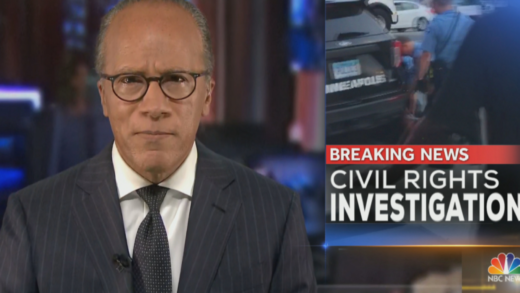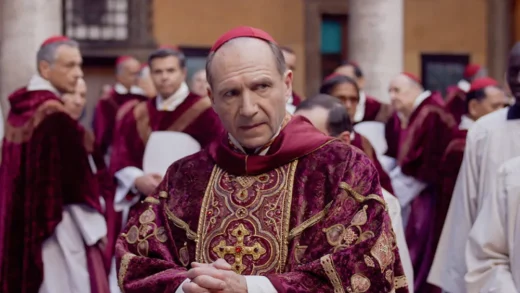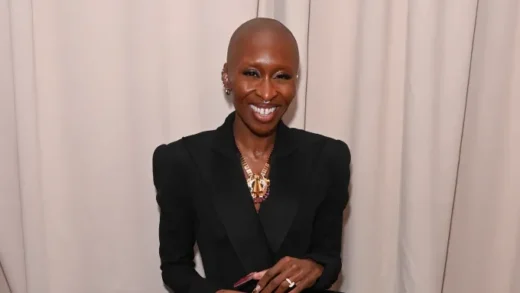After winning a legal battle that lifted the ban on the film in Kenya, Wanuri Kahiu’s film reminds us why stories of oppression are as important as ever.
Something that is generally agreed upon regarding film is its ability as a medium to give a voice to the marginalized. Films with a powerful onscreen message have the ability to spark change off screen, and Wanuri Kahiu’s Rafiki is one such film. It follows the romance of two young women who are the daughters of competing politicians as they must hide their love from a society that still forbids homosexuality. The film is set in Kenya, where there are still anti-LGBT laws –the government wouldn’t even allow it to be shown there.
Rafiki screened at both Cannes Film Festival (making history as the first Kenyan film to premiere at the Festival) and the Toronto International Film Festival this year, where it received high praise. In the film, the title of which means “friend,” the relationship between Kena (Samantha Mugatsia) and Ziki (Sheila Munyiva) begins as a friendship that blossoms into something more. Their fathers are political rivals, putting more speculation on their relationship than the average friendship might receive. The girls are threatened to be exiled from their society if they are found out and could even potentially face jail time. While this notion can make the space they live in an intimidating one, Kahiu still celebrates the vibrant culture of Nairobi with an aesthetic she defines as AFROBUBBLEGUM, her bright, colorful vision for the future of filmmaking in Africa.
https://www.youtube.com/watch?v=SVkYGAchQcA
In spite of the film’s praise and its celebration of rich Kenyan culture, the film was banned by Kenya’s Film and Classification Board (KFCB) in April for its alleged “intent to promote lesbianism.” Kahiu sued the KFCB, claiming that the ban was damaging to her career. She has just recently won the legal battle, earning the film a temporary lift so that it can qualify as eligible for the country’s Best Foreign Language Film submission for the Oscars and screen in the country for the required seven-day theatrical run that must occur in the film’s home country.
While the lift on the ban may only have been temporary, the support for the film in Kenya has been immense. Its screenings have continuously been selling out, making it clear that this is a story that Kenyans want (and need) to see. The lift on the ban is a step forward for Kenyans, but the fact that it is only for a short time serves as a reminder that there is still a long way to go—not in its home country alone, but globally.
The ban itself was seemingly only lifted under the argument that it limited Kahiu’s artistic freedom as a creator, less so than for recognition of the fact that what they were false in claiming it is immoral to depict same-sex relations on screen. In fact, the KFCB never quite backed down from this sentiment. Rafiki was initially banned for including content in the film that was not in the original script that had been approved by the board, and when she was asked to remove the scenes from the film, Kahiu refused. Considering the highly conservative views held in Kenya, it is not surprising that the Kenyan government argues that movies with LGBTQ+ themes or content have the potential to morally corrupt audiences.
(Excerpt) Read More at: FilmSchoolRejects.com




